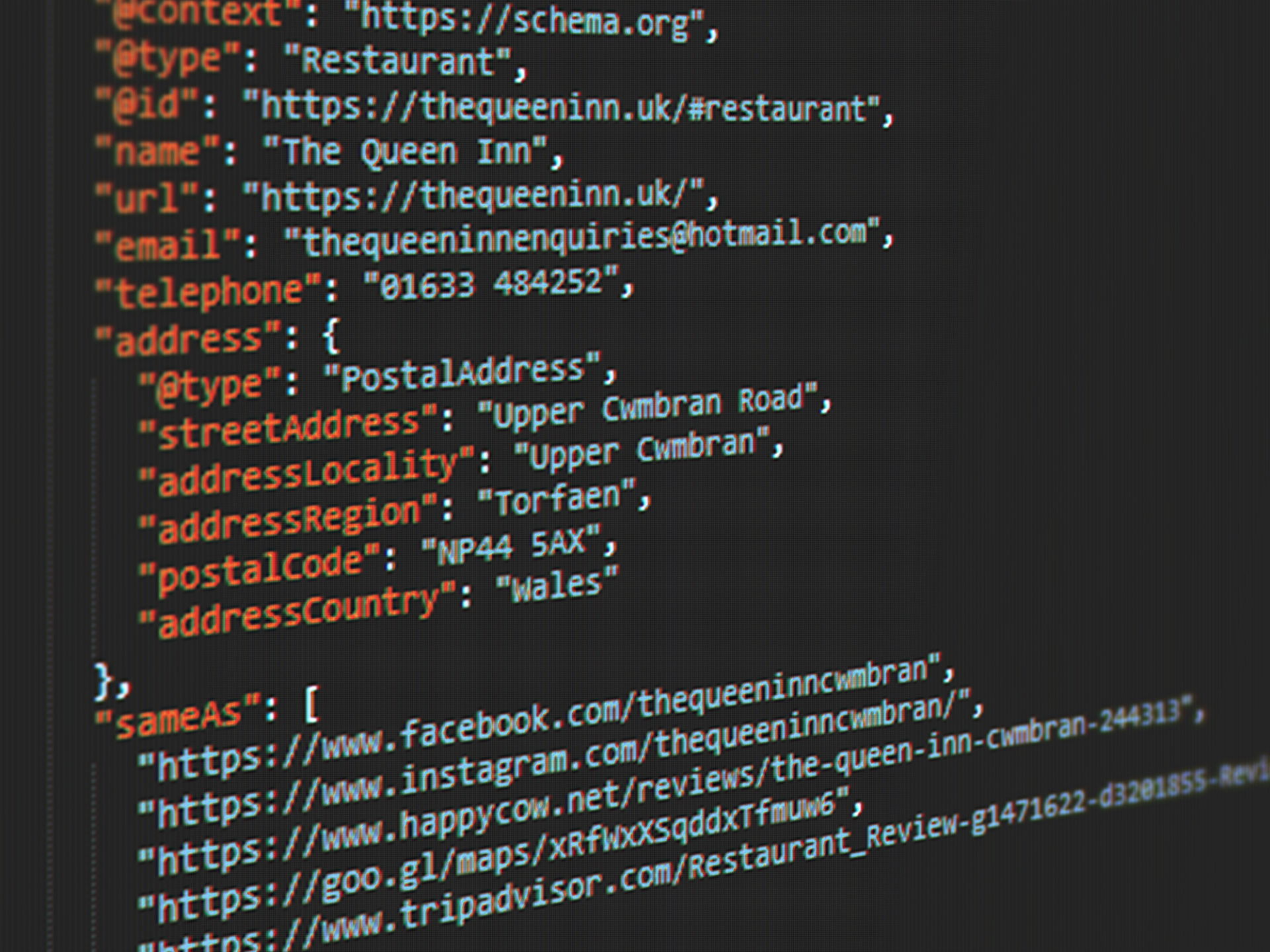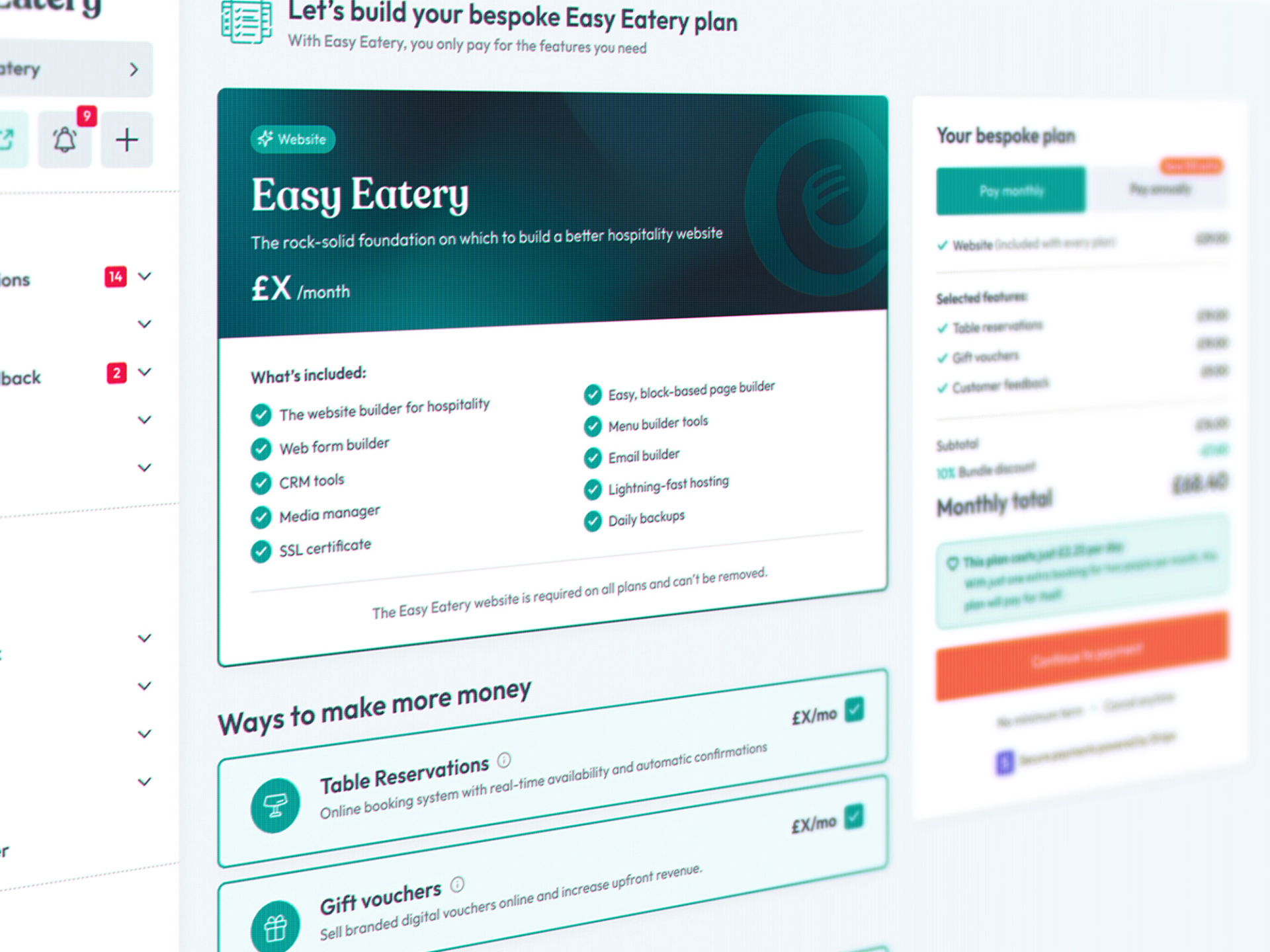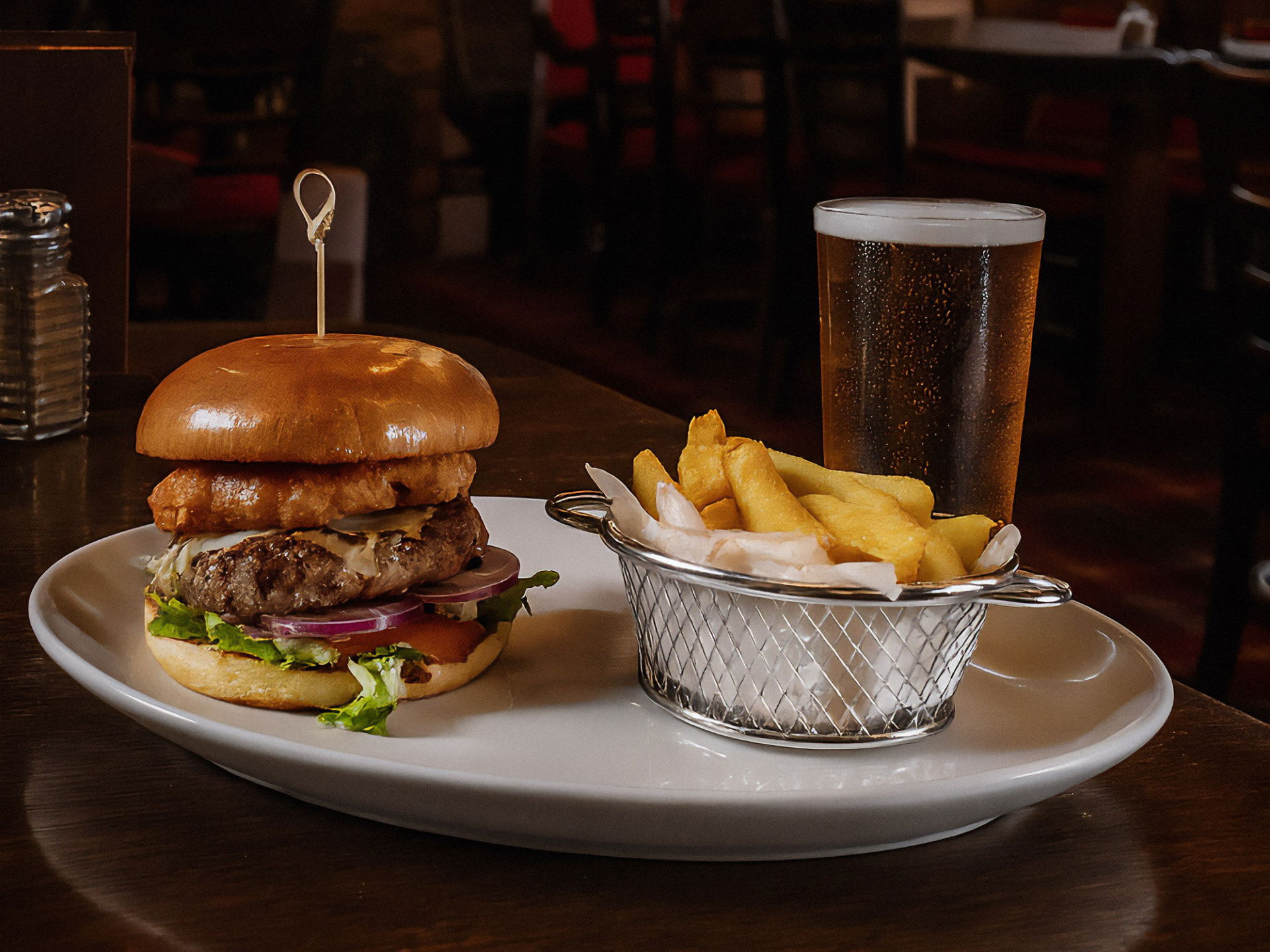
How structured data can help your restaurant get found


When people are looking for a place to eat, they rely on a mix of influences: a friend's recommendation, a photo they saw on social media, or results from a quick local search. Until recently, local search was simply search engines showing lists of nearby venues that match keywords in the person's search.
But with the rise of AI-driven search, the way people discover places to eat is going to change, with tools like Google's Gemini, Open AI's ChatGPT, and voice assistants like Alexa or Siri now able to recommend places to dine directly.
In light of this, it’s easy to think your website might matter less now.
After all, who is using it if AI does all the persuading?
The truth is, a good restaurant website is now more important than ever.
Customers will always turn to your website when deciding where to eat. The way you present your menus, the photos you choose, and how you portray your business across your pages all help them get a feel for your venue and influence their decision.
But in 2025, search is changing, and your website is no longer just for potential customers. It’s also one of the main ways AI systems learn about your business, and what they learn is used to make recommendations.
That means your website now needs to serve two audiences: the people browsing it, and the AI-powered tools that an increasing number of people rely on to help them find somewhere to dine.
To do that, your site needs a way to communicate with AI clearly, without confusing human visitors. This is where structured data comes in.
What is structured data?
Structured data is simply code on your website that gives search engines and AI systems a clear, machine-readable picture of your restaurant. The most common way to add structured data is to use JSON-LD, which is short for JavaScript Object Notation for Linked Data.
From contact information to menus, opening hours, booking links and events, structured data can be used to present accurate, detailed information to AI, and in turn, potential customers.
The code sits behind the scenes on your website's pages, hidden from regular visitors, and acts like a cheat sheet for machines, telling them exactly who you are, where you are, what you serve, and how people can book.
How do AI tools and services use it?
If you have ever searched for a restaurant and seen a panel with its name, address, cuisine, opening hours, and menu all in one place, you have witnessed structured data in action.
When your structured data is complete and accurate, platforms can:
- Show rich details in Google Search and Maps: including hours, price range, and menu highlights.
- Feature your business in Google's AI overviews: combined with reviews and articles.
- Let ChatGPT browse and recommend your venue: pulling information directly from your menu and providing opening hours and a booking link.
Without it, these systems rely on intepreting the visible text on the page, which can lead them to make errors, or even incorrectly decide your venue isn't a good fit.
These aren't some abstract future ideas, AI is being used in this way today and embracing it could directly impact your bottom line.
How structured data benefits you
Structured data can help bring in more customers and increase revenue by:
- Increasing discovery: Appear in more relevant searches, even without a user clicking through to your site.
- Matching high-intent searches: Be recommended for specific queries like "family-friendly lunch in [your town]" or "seafood restaurant open now."
- Reducing lost customers: Ensure assistants and maps always have your correct details.
- Improving booking conversion: Let people start a booking enquiry directly from search or AI results.
The challenge is that doing this by hand can be complex, which is why Easy Eatery handles it for you.
Easy Eatery makes structured data simple
Our platform now generates structured data for key pages on your website, including:
- Business contact and location details.
- Accurate hours, even with lunch and dinner split shifts.
- Links to all of your social media accounts
- Booking and reservation links.
All of this is handled automatically using your business settings, opening hours, social media links, and page content, all set within your My Easy Eatery control panel for your website.
This is just the beginning.
We'll continue to add new types of structured data to ensure your site stays ahead of evolving technologies and search habits, ensuring you remain visible to potential customers no matter how they are searching.


What planning our roadmap taught us about pricing

